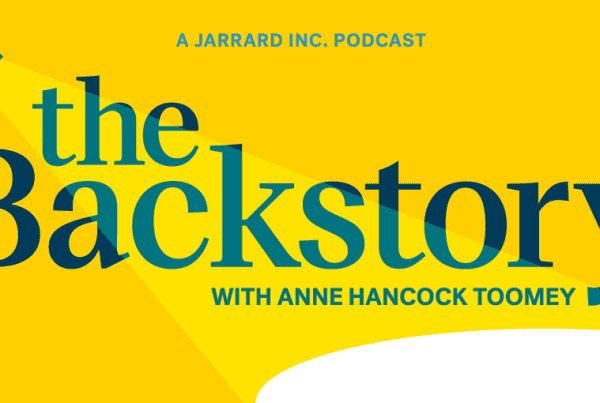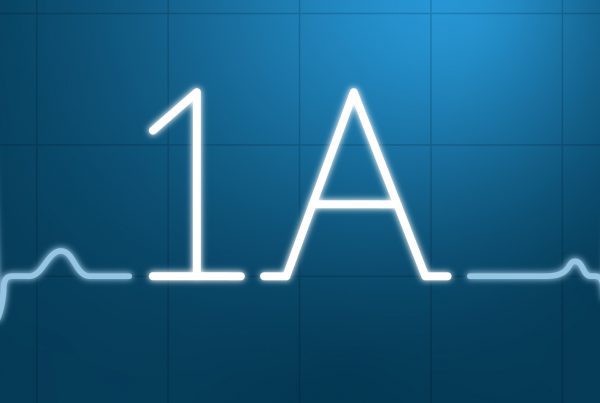By Allie Gross, Senior Managing Advisor
In the latest step in the Trump administration’s crackdown on the nation’s universities, the White House has asked the IRS to look at revoking Harvard University’s tax-exempt status.
For leaders of hospitals and health systems, this could be a turning point.
For years, we’ve kept a close eye on increasing scrutiny of whether nonprofit hospitals earn their tax exemptions. At the same time, it has long felt like there is a lack of immediacy or urgency to these criticisms: admonishments from Bernie didn’t go far and state legislation has died on the vine.
But with the threat to Harvard – regardless of whether it happens, whether it’s feasible, whether it’s legal –the question of whether major nonprofit institutions deserve their tax exemptions has gone from the fringes to the front page.
This carries implications beyond Cambridge and beyond academia. To date, hospitals’ tax-exempt status and massively complex definitions around “community benefit” have largely been debated in circles of healthcare industry insiders.
If revoking tax-exempt status is now viewed as an available tool for reining in nonprofit institutions, it’s not a far leap for it to be a tool used by lawmakers at any level to threaten or penalize nonprofit hospitals and health systems: whether it’s for financial assistance policies, polarizing topics like gender-affirming care or women’s health, DEI efforts or even a doctor’s inflammatory tweets.
The public is already primed to be skeptical. Three in four say hospitals in the U.S. are more focused on making money than caring for patients, and just 51% of people say hospitals in the U.S. provide enough community benefit to keep their nonprofit status, according to Jarrard Inc. public opinion research.
If healthcare needs a burning platform, this is it. With coverage of Harvard’s embattled tax exemption airing on every media channel, healthcare leaders should be taking steps now to educate key stakeholders about your community impact.




